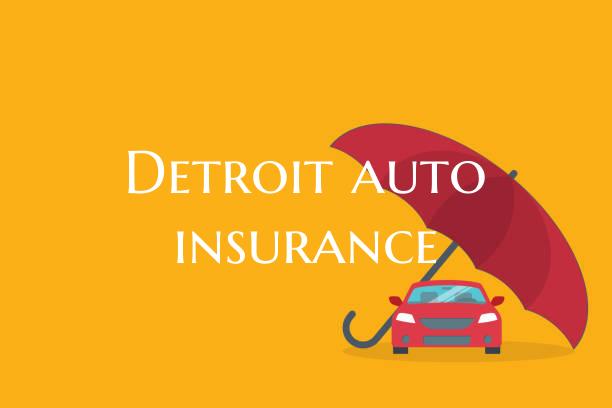Introduction: Auto insurance is a vital aspect of vehicle ownership, providing financial protection in case of accidents, theft, or other unforeseen events. In Detroit, auto insurance is not only required by law but also plays a crucial role in ensuring the safety and security of drivers on the road. This article aims to explore the key aspects of Detroit auto insurance, including the types of coverage available, regulatory requirements, and factors influencing insurance costs.
Types of Coverage: When purchasing auto insurance in Detroit, drivers have various coverage options to choose from, including:
1. Liability Coverage: This type of insurance helps cover costs associated with property damage and injuries to others in an accident you are found to be at fault for. 2. Personal Injury Protection (PIP): PIP covers medical expenses and loss of income for you and your passengers, regardless of fault. 3. Collision Coverage: This coverage helps pay for repairs to your vehicle after a collision with another vehicle or object. 4. Comprehensive Coverage: Comprehensive insurance covers damage to your vehicle from non-collision incidents such as theft, vandalism, or natural disasters. 5. Uninsured/Underinsured Motorist Coverage: This coverage protects you if you are in an accident with a driver who doesn't have insurance or enough insurance to cover your damages.
Regulatory Requirements: In Detroit, as in the state of Michigan, drivers are required to carry a minimum amount of auto insurance coverage. The mandated minimum coverage includes:
- $50,000 per person for bodily injury or death - $100,000 per accident for bodily injury or death - $10,000 per accident for property damage
These minimum coverage requirements aim to ensure that drivers have the financial means to cover damages and injuries in the event of an accident.
Cost Factors: Several factors can influence the cost of auto insurance in Detroit. These factors include:
1. Driving Record: Your driving history, including accidents and traffic violations, can impact your insurance premiums. 2. Vehicle Type: The make and model of your vehicle, as well as its age and safety features, can affect insurance costs. 3. Location: Detroit's high population density and crime rates can lead to higher insurance premiums. 4. Credit Score: Insurance companies often consider credit history when determining rates. 5. Coverage Limits: Opting for higher coverage limits or additional coverage types can increase premiums.
Conclusion: Navigating the world of auto insurance in Detroit can be complex, but understanding the types of coverage available, regulatory requirements, and cost factors can help you make informed decisions when selecting an insurance policy. By ensuring you have adequate coverage that meets your needs and budget, you can drive with confidence knowing you are financially protected on the roads of Detroit.

